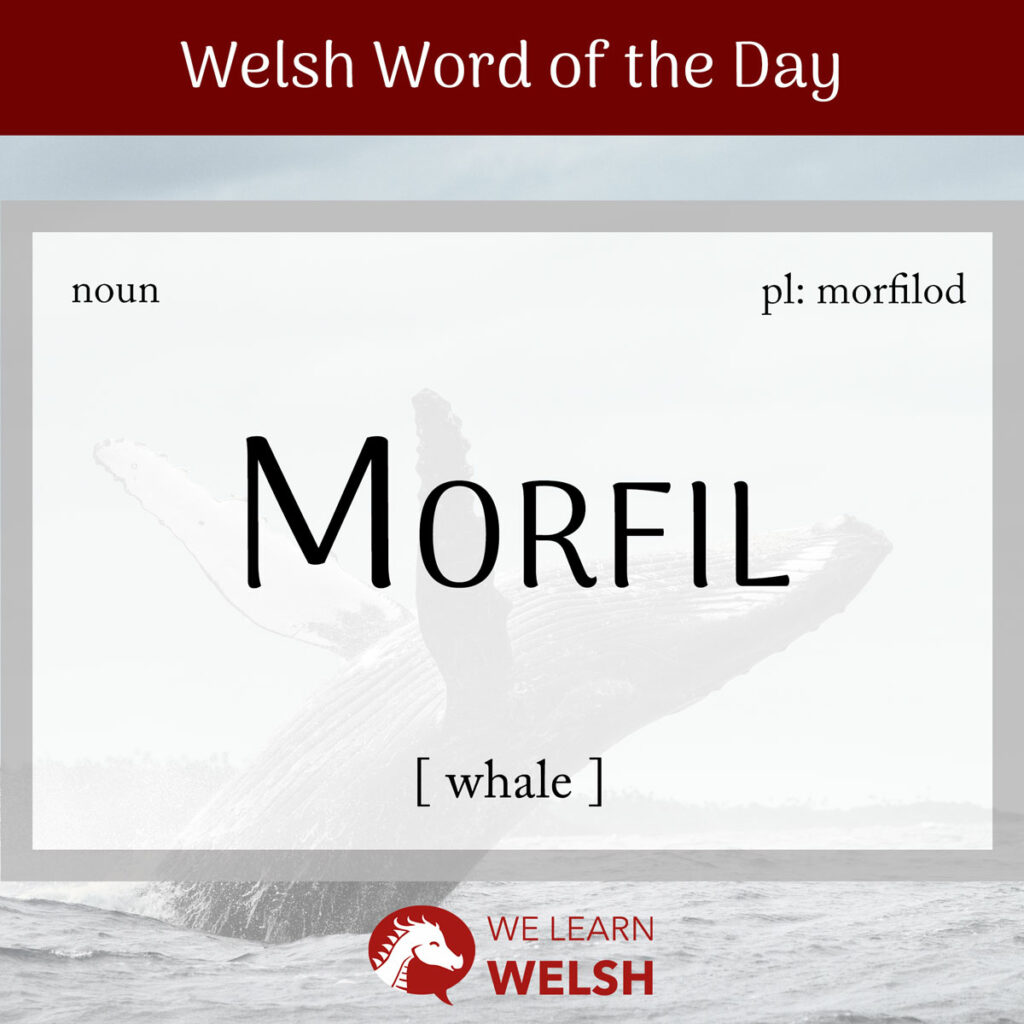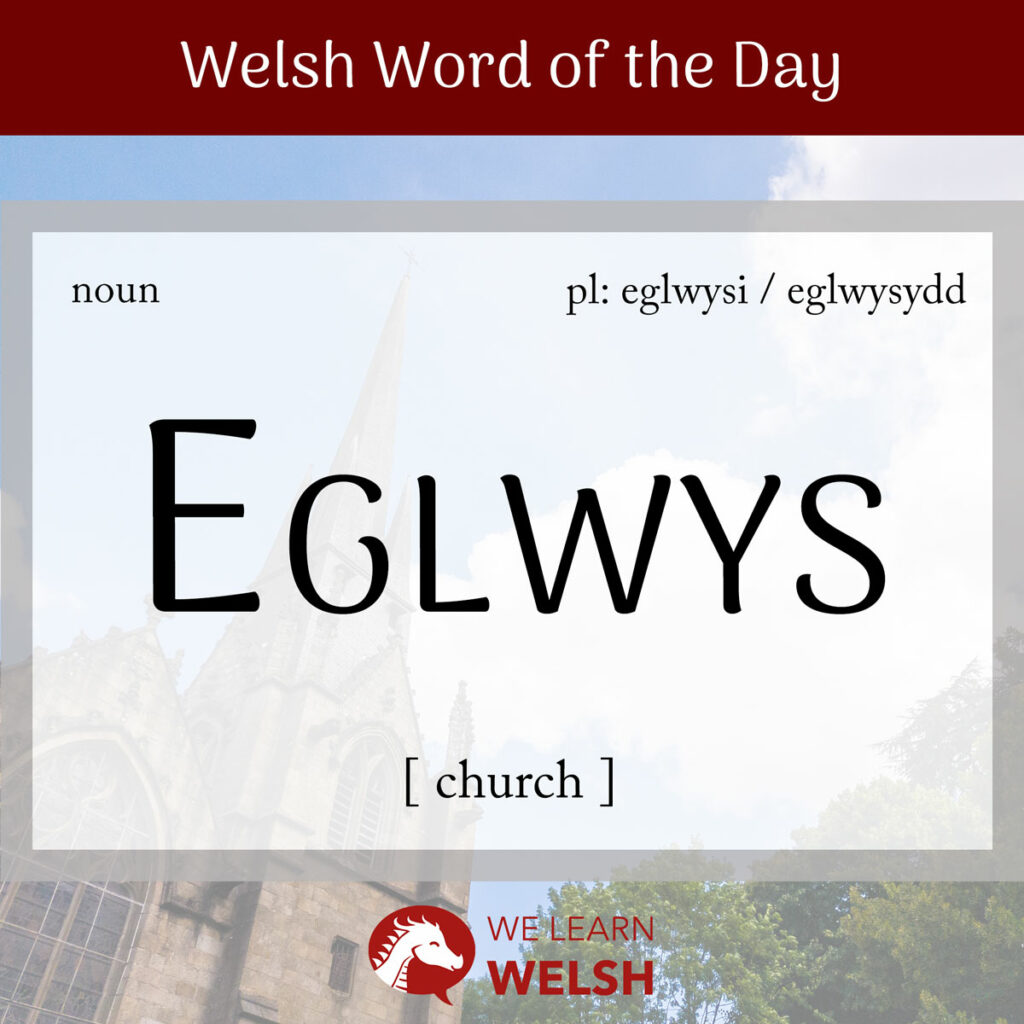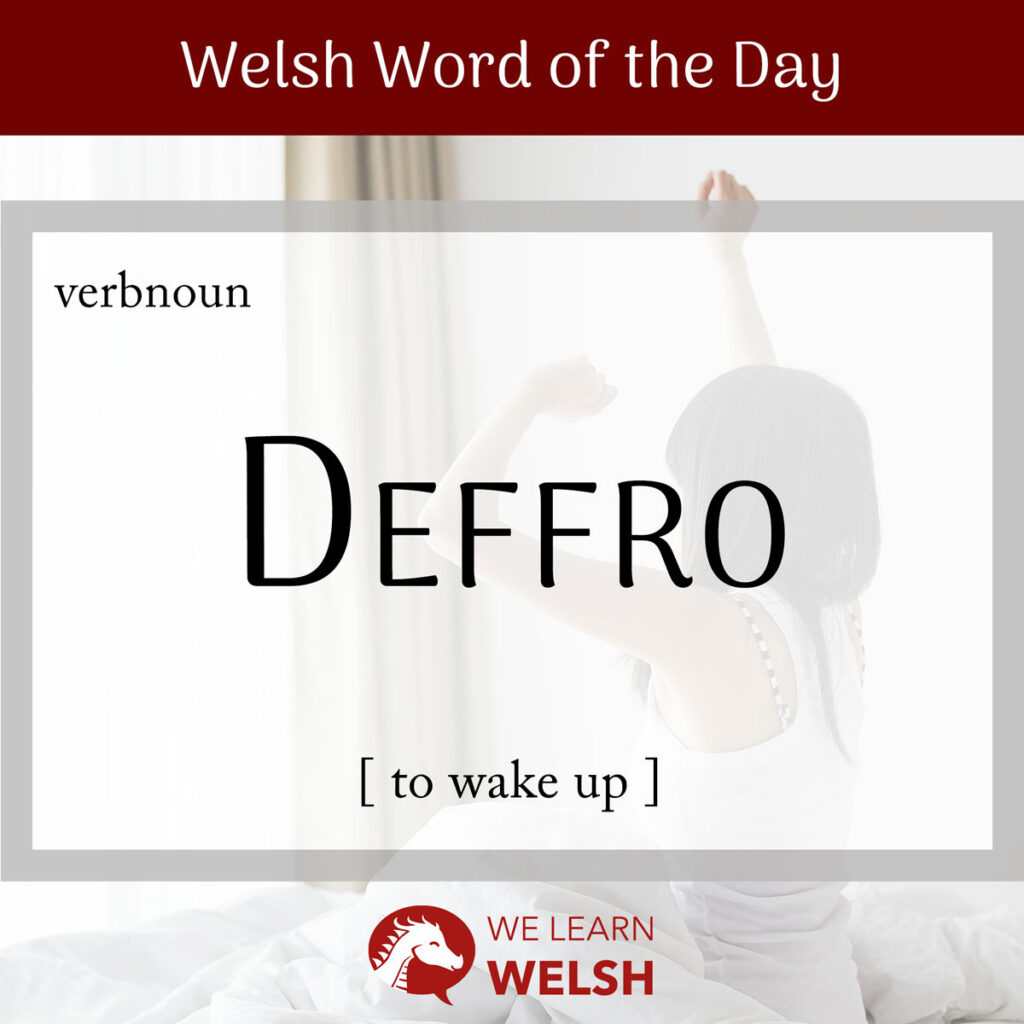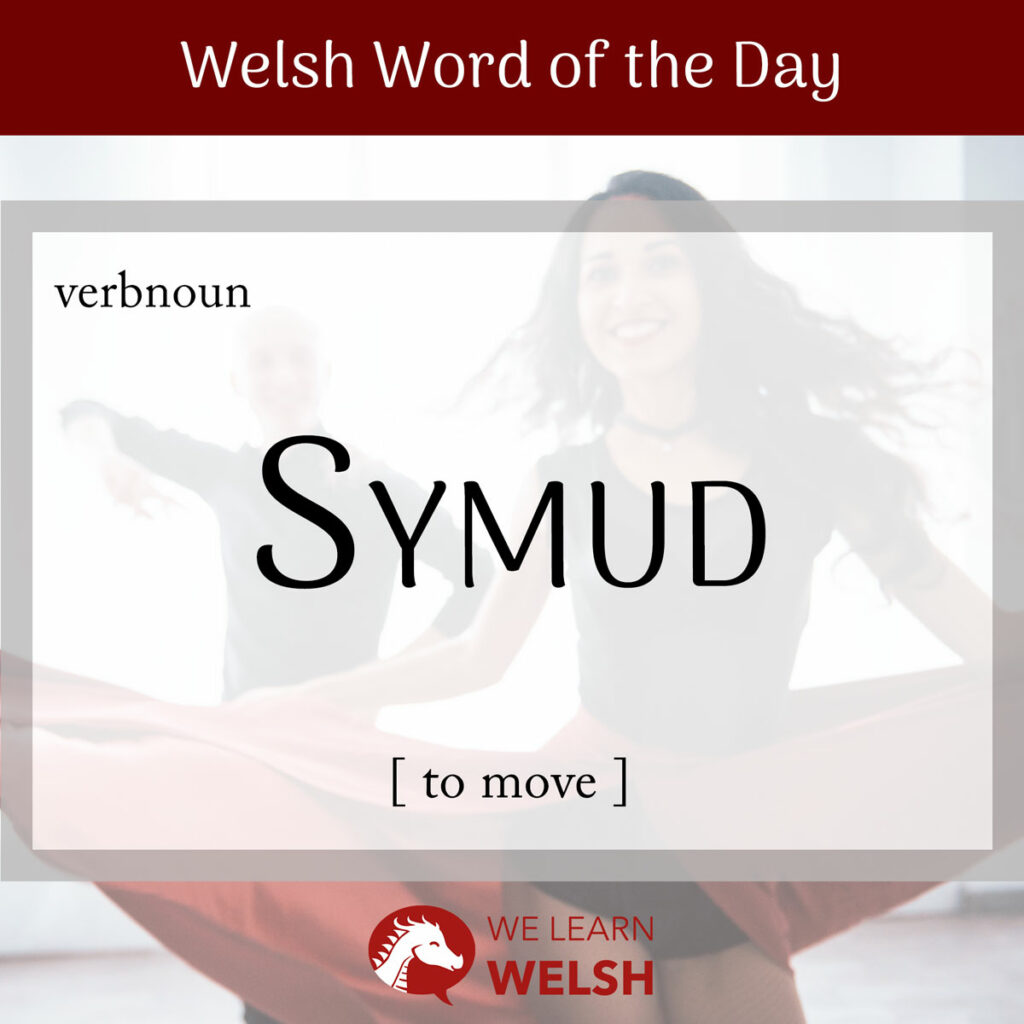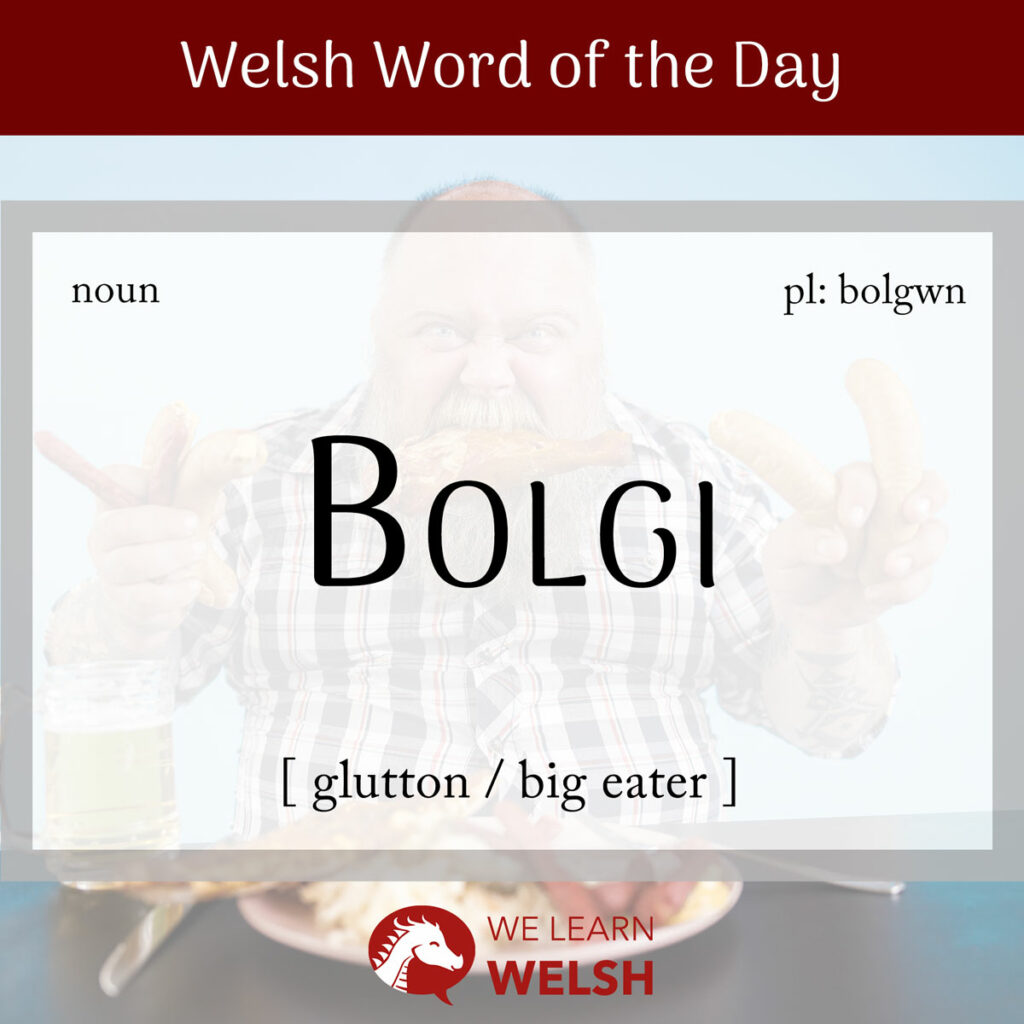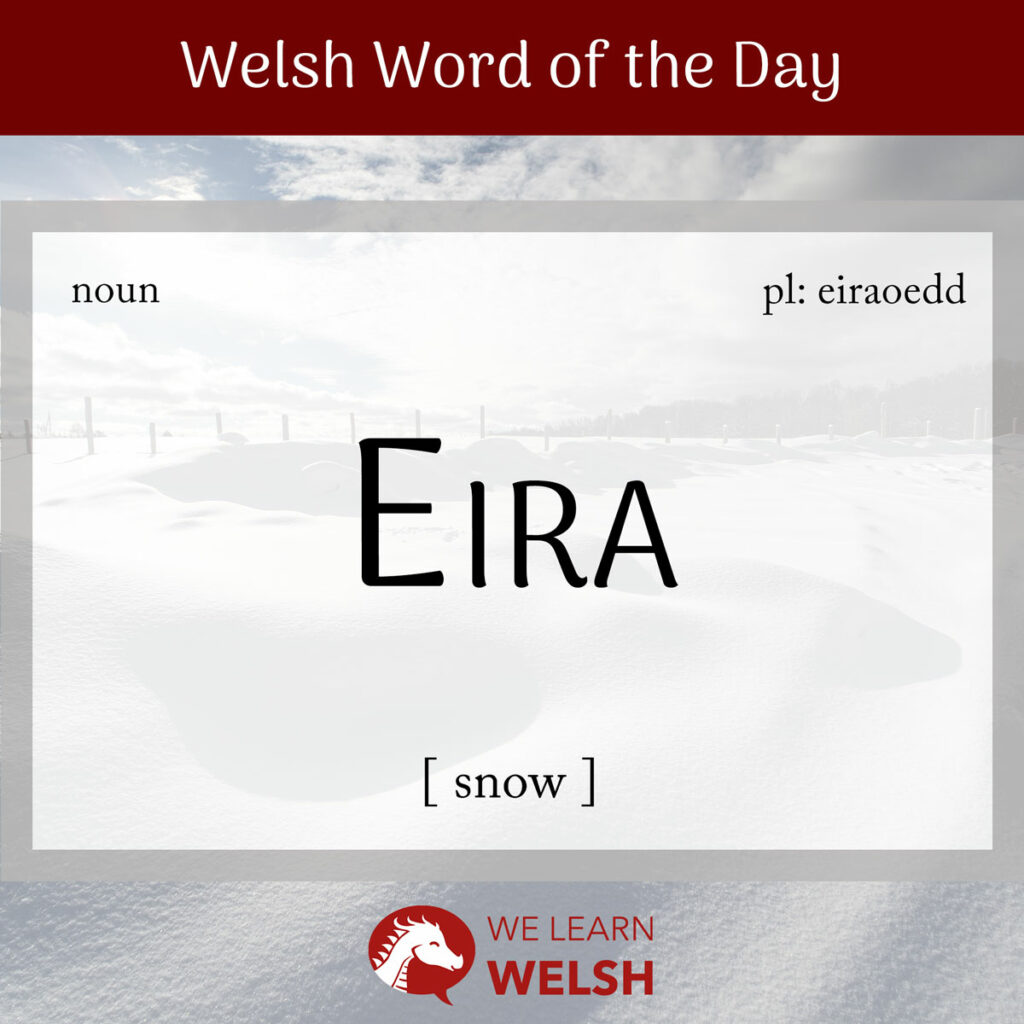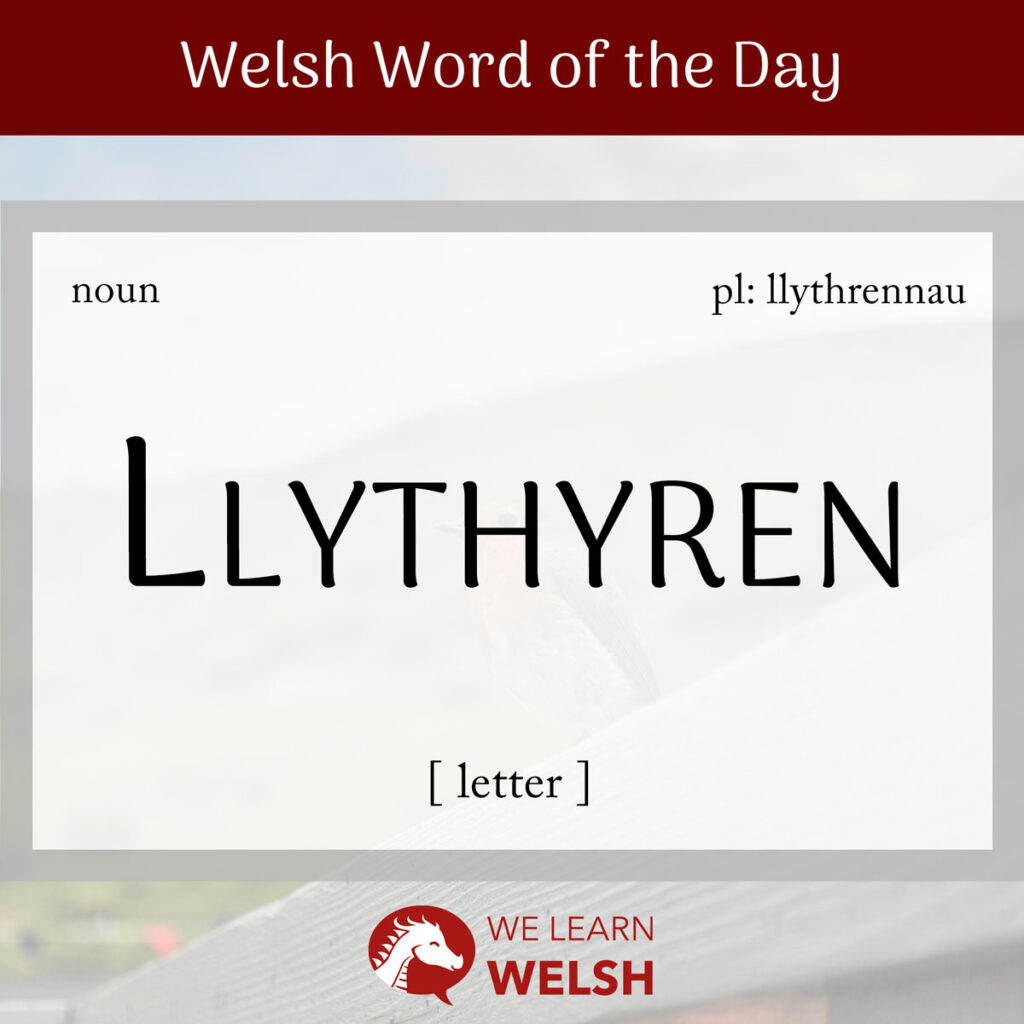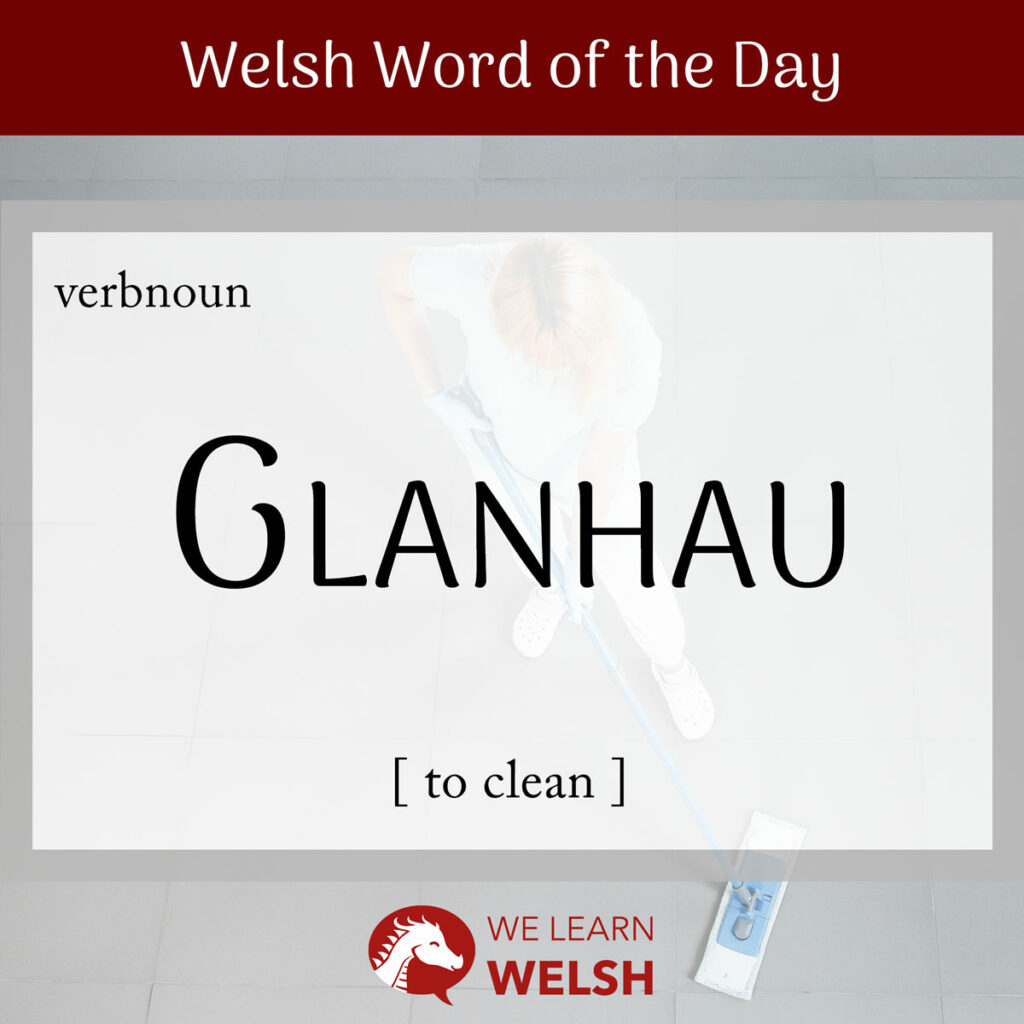Welsh Word of the Day: Ennill (to earn / to win / to gain)
The word ennill is a good example of how languages can’t always be easily mapped onto each other, as there’s no one English word that sums up all of its meanings. Ennill means to earn, to win, or to gain. ennill to earn / to win / to gain We don’t know what the exact …


